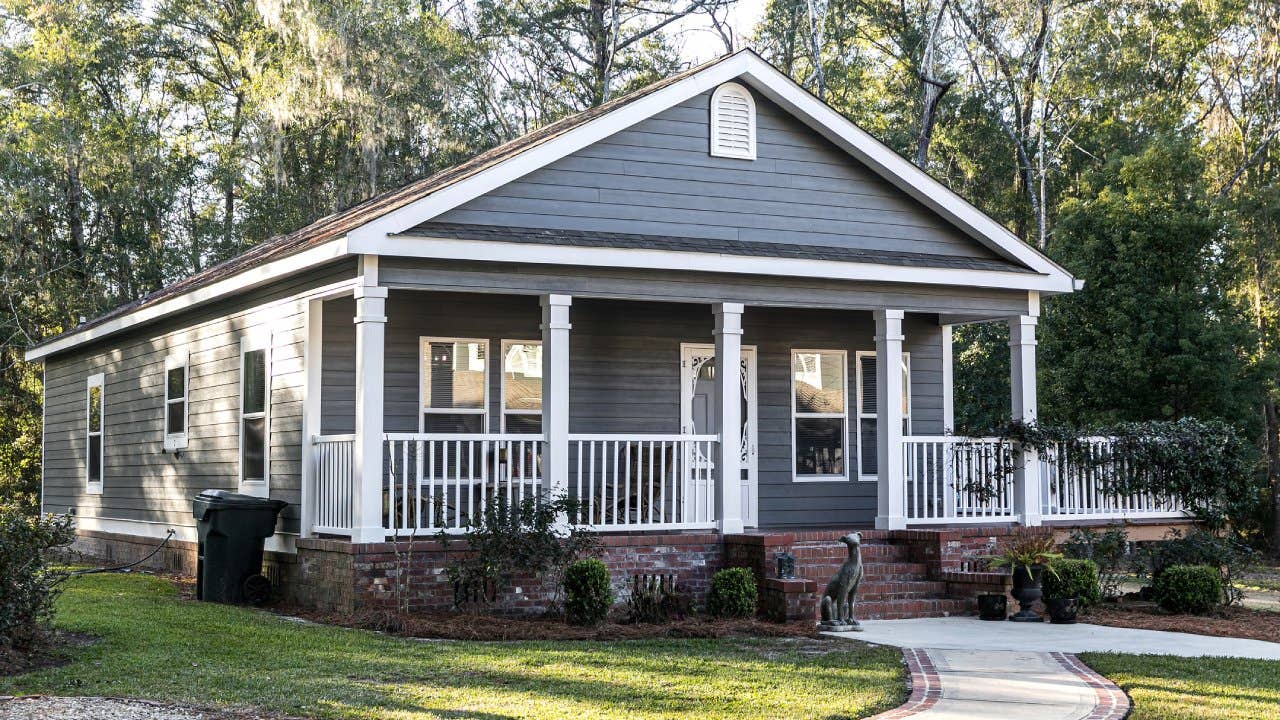In the realm of housing options, modular and manufactured homes have emerged as popular choices for those seeking affordability, efficiency, and a range of customization possibilities. While these two terms are often used interchangeably, there are distinct differences between modular and manufactured homes that can significantly impact your decision-making process. Embark on a journey through the world of prefabricated housing as we delve into the intricacies of modular and manufactured homes, uncovering their unique characteristics, applications, and considerations.
Modular Homes: Constructed with Precision and Customization

Modular homes are prefabricated structures built in controlled factory environments, ensuring consistent quality and efficiency. These homes are assembled in sections, or modules, that are transported to the building site and then assembled onto a permanent foundation. Modular homes offer a high degree of customization, allowing buyers to personalize their homes with various floor plans, finishes, and amenities.
Manufactured Homes: A Legacy of Affordability

Manufactured homes, also known as mobile homes, are prefabricated structures built to a national standard set by the U.S. Department of Housing and Urban Development (HUD). These homes are constructed entirely in a factory and then transported to the building site in one piece. Manufactured homes are typically more affordable than modular homes, making them an attractive option for budget-conscious buyers.
Key Differences: Unveiling the Distinctions
The table below summarizes the key differences between modular and manufactured homes:
| Feature | Modular Homes | Manufactured Homes |
|---|---|---|
| Construction | Assembled in sections (modules) at a factory | Constructed in one piece at a factory |
| Transportation | Transported in sections to the building site | Transported in one piece to the building site |
| Foundation | Permanent foundation required | May have a permanent or pier foundation |
| Customization | High degree of customization | Limited customization |
| Cost | Generally more expensive than manufactured homes | Generally more affordable than modular homes |
| Building Codes | Comply with local building codes | Adhere to HUD standards |
| Mobility | Not considered mobile | Considered mobile in some cases |
Applications: Tailoring the Choice to Your Needs
Modular homes are well-suited for those seeking a high degree of customization, flexibility in design, and a more permanent residential structure. They are often chosen for their ability to blend seamlessly with traditional neighborhoods and offer a wider range of amenities.
Manufactured homes, on the other hand, are ideal for budget-conscious buyers seeking a quick and affordable housing solution. They are often preferred for their portability and suitability for rural or semi-rural locations.
Considerations for Prospective Homeowners
Before making a decision between modular and manufactured homes, it’s crucial to consider several factors, including:
Budget: Modular homes typically have a higher upfront cost than manufactured homes.
Customization: Modular homes offer greater flexibility in design and customization options.
Location: Modular homes may be subject to local zoning restrictions, while manufactured homes may have more flexibility in placement.
Permanence: Modular homes are typically considered permanent structures, while manufactured homes may have restrictions on their location and resale value.
Conclusion: Making an Informed Decision
Understanding the key differences between modular and manufactured homes empowers you to make an informed decision that aligns with your needs, preferences, and budget. Whether you prioritize customization, affordability, or permanence, both modular and manufactured homes offer distinct advantages and considerations. By carefully evaluating these factors and seeking guidance from experienced professionals, you can navigate the world of prefabricated housing and find the ideal home that suits your lifestyle and aspirations.